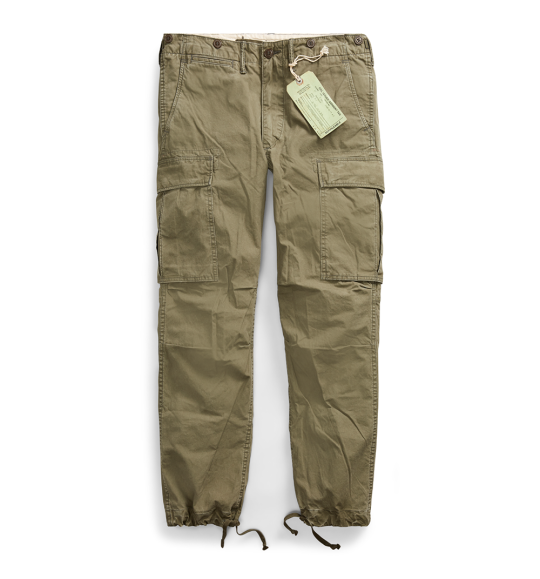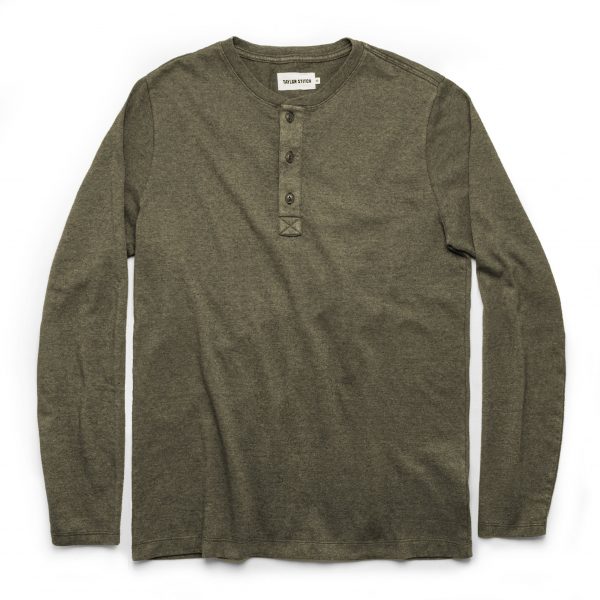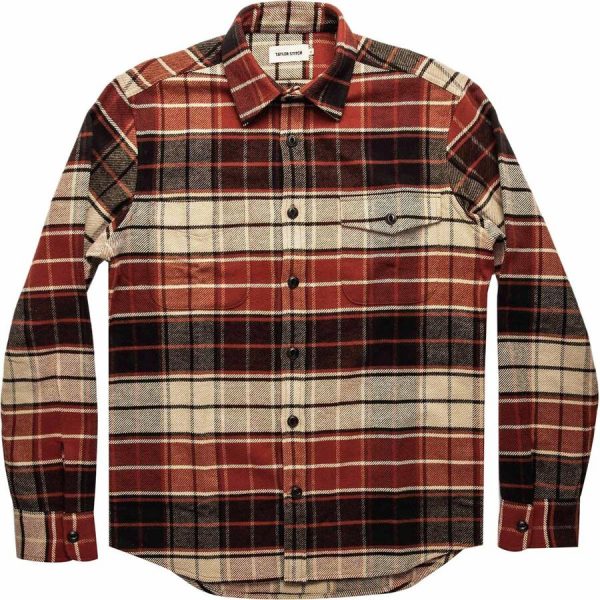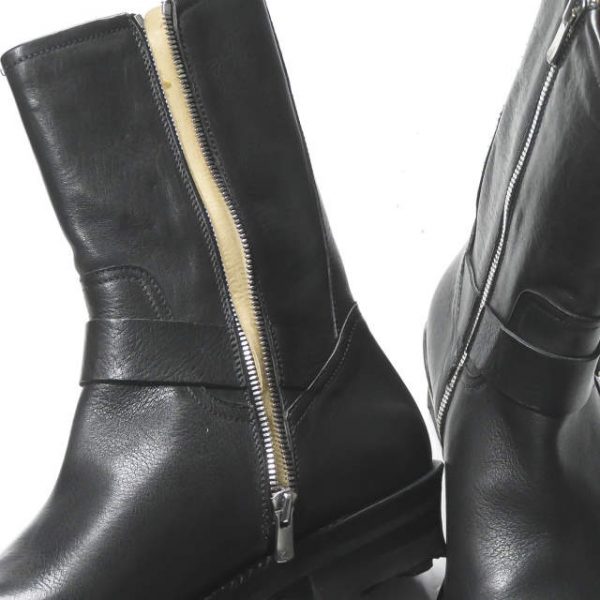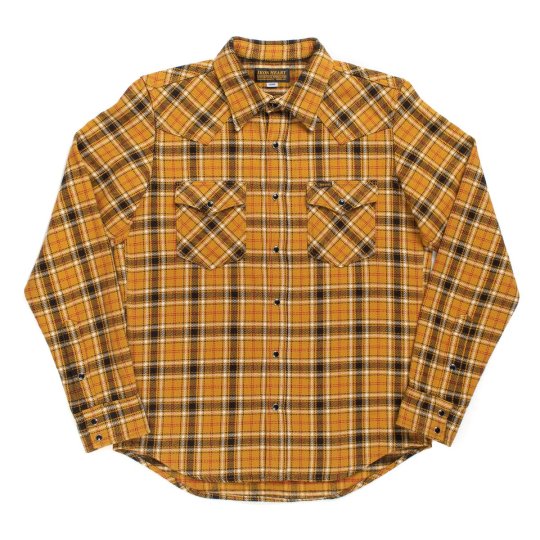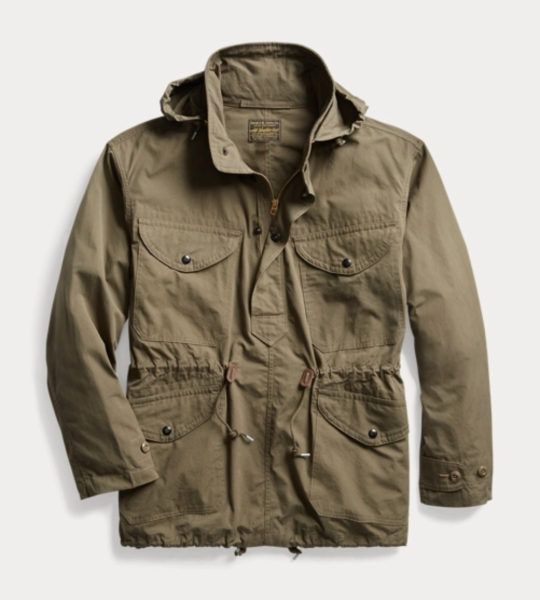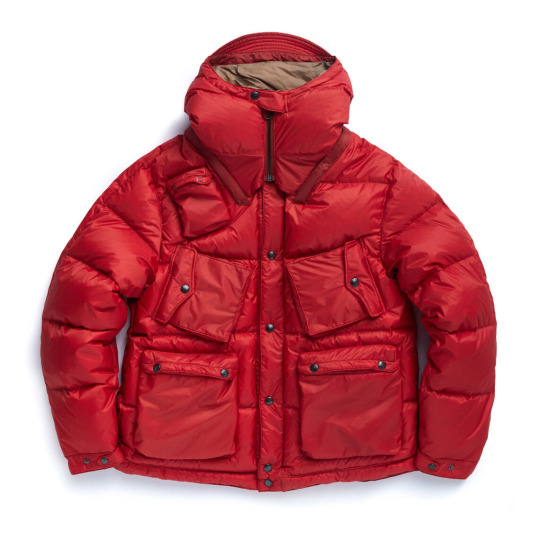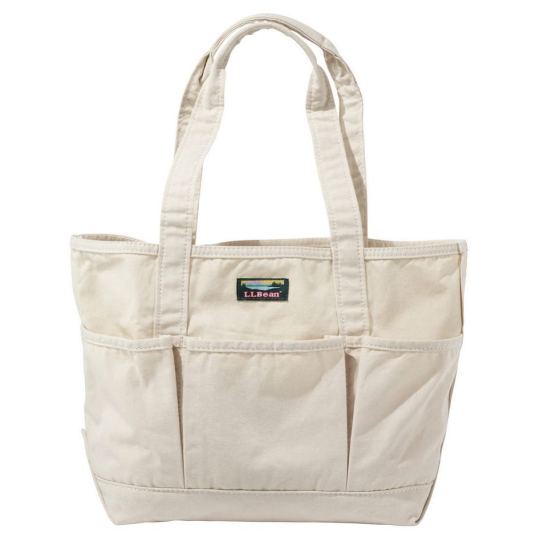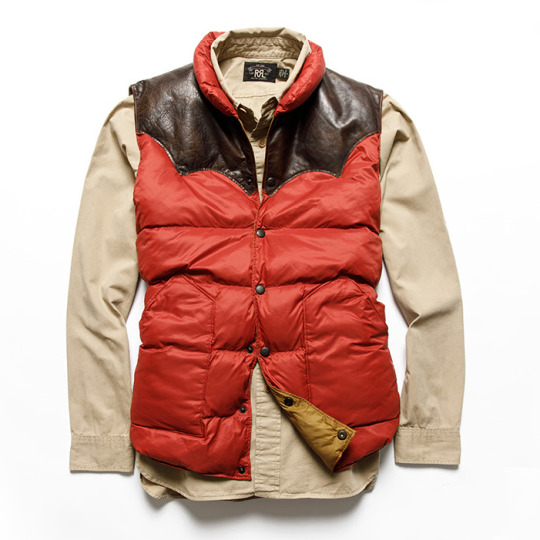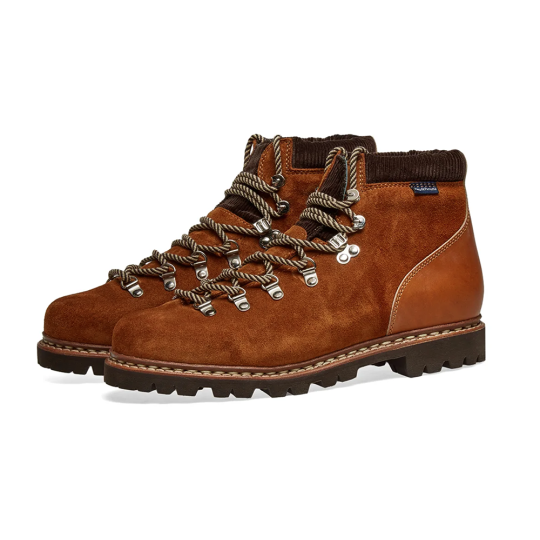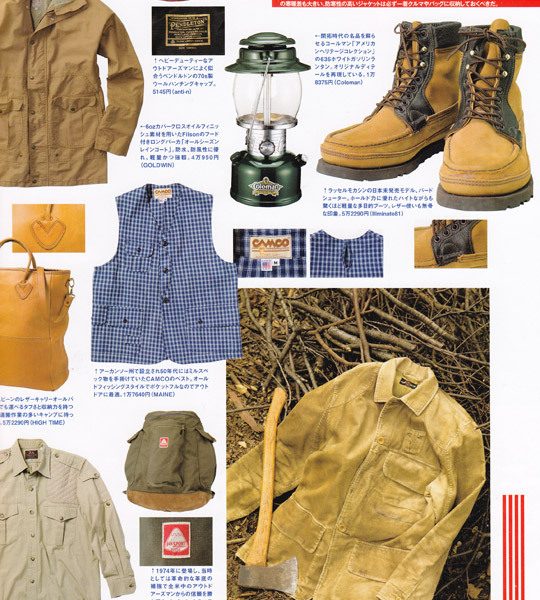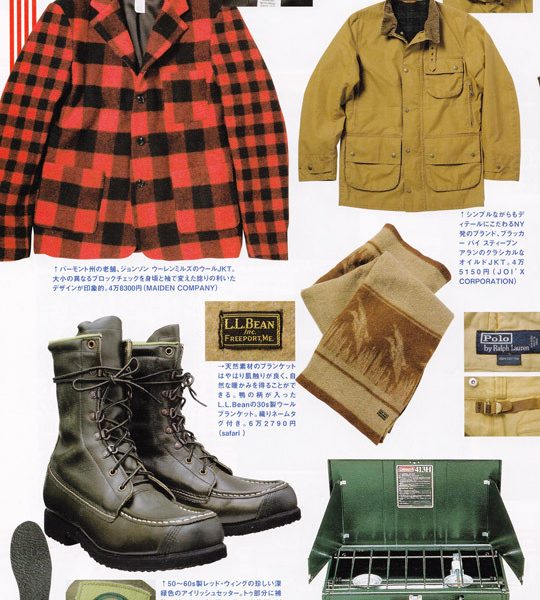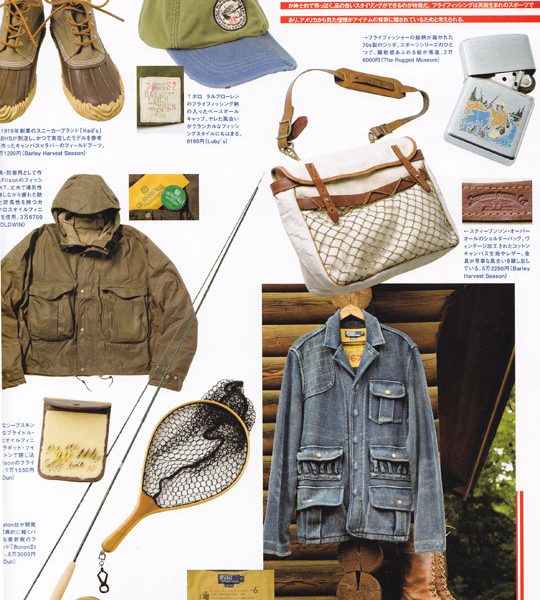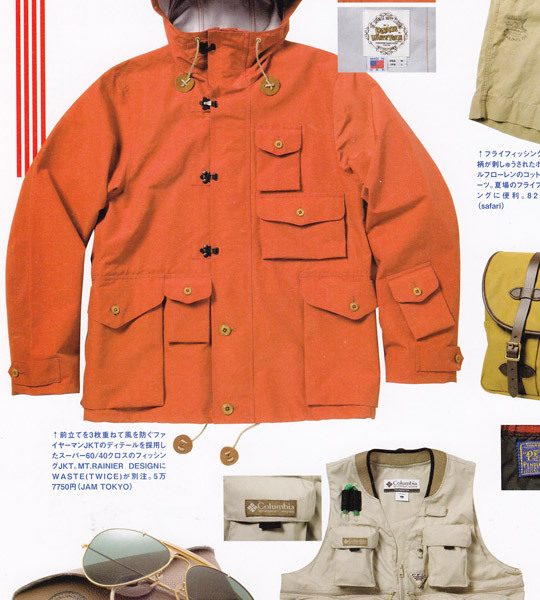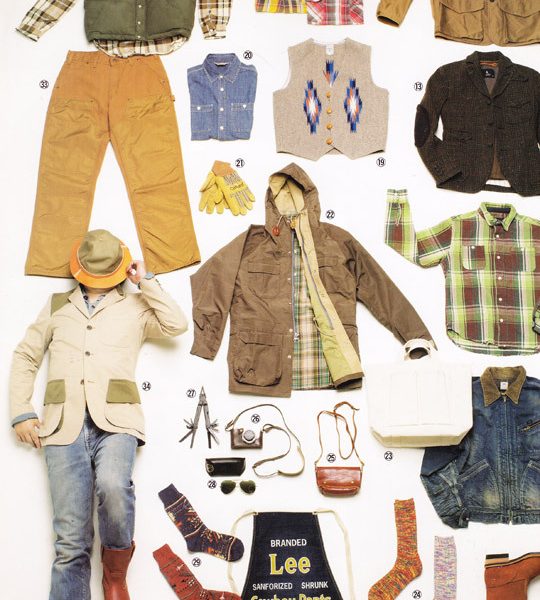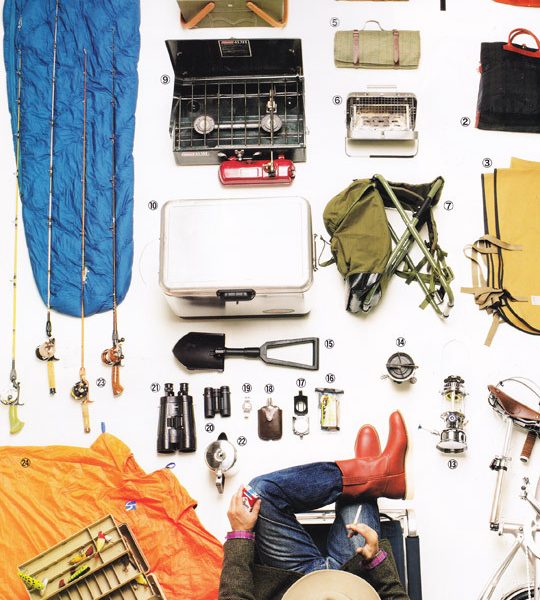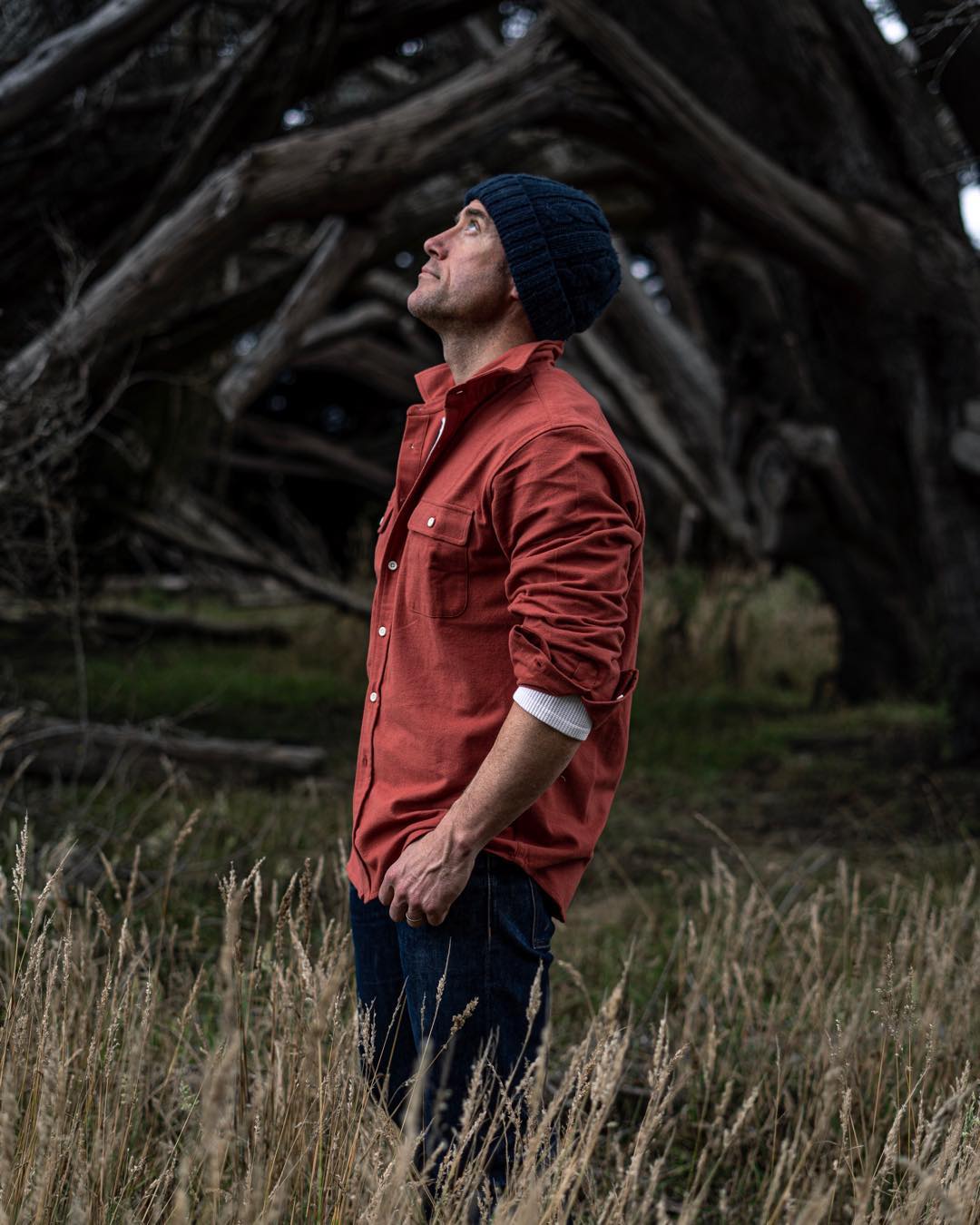
My family was poor when I was young, but I didn’t know it then. On welfare, my parents provided seemingly endless bowls of hominy grits, polish sausage, government cheese, and plenty of Tabasco to satisfy a brood of three hungry boys less than two years apart. In search of cheaper rent, we were continually moving — ranked as one of the top three life stressors, but just another adventure for us kids. And for vacation, there was always camping.
For our cash-strapped household, camping was tough to beat, and for good reason. Campgrounds are typically less than $50 a night, and with no restaurants and plenty of time to cook meals and clean up, costs are kept at a minimum. For children bursting with energy, giving them acres of playground with caves to investigate and trees to climb within shouting distance is an easy choice. I never got tired of it then, and to this day, whenever I feel the grip of city life begin to squeeze, a quick weekend retreat to the woods with a tent, a sleeping bag, and a shoulder of whiskey usually does the trick. And so, when I got laid off a month ago, I did what I normally do and packed for camping.
I do have proper, technical camping clothes, but over the years, I’ve found that upgraded basics that can serve double duty are the best when traveling light, and if you’re going from the coast to the mountains to the desert, you need options. Skip the tees and sweatshirts and pack something with buttons that can more easily adjust to changing weather conditions. I brought a henley, lightweight chamois shirt, a beefy flannel, and a buttoned leather jacket, all from Taylor Stitch. Cargo pants from Polo Ralph Lauren carried my wallet and keys, and Nonnative zip moto boots in a scuff- and waterproof roughout leather shod my feet. Not knowing when I’d find employment again, I made sure to pack a week’s worth of underwear and socks to last me long enough until I found a washing machine. Plus, swim trunks and huaraches, because it’s a sin if you’re in Southern California and don’t take a dip in the ocean.
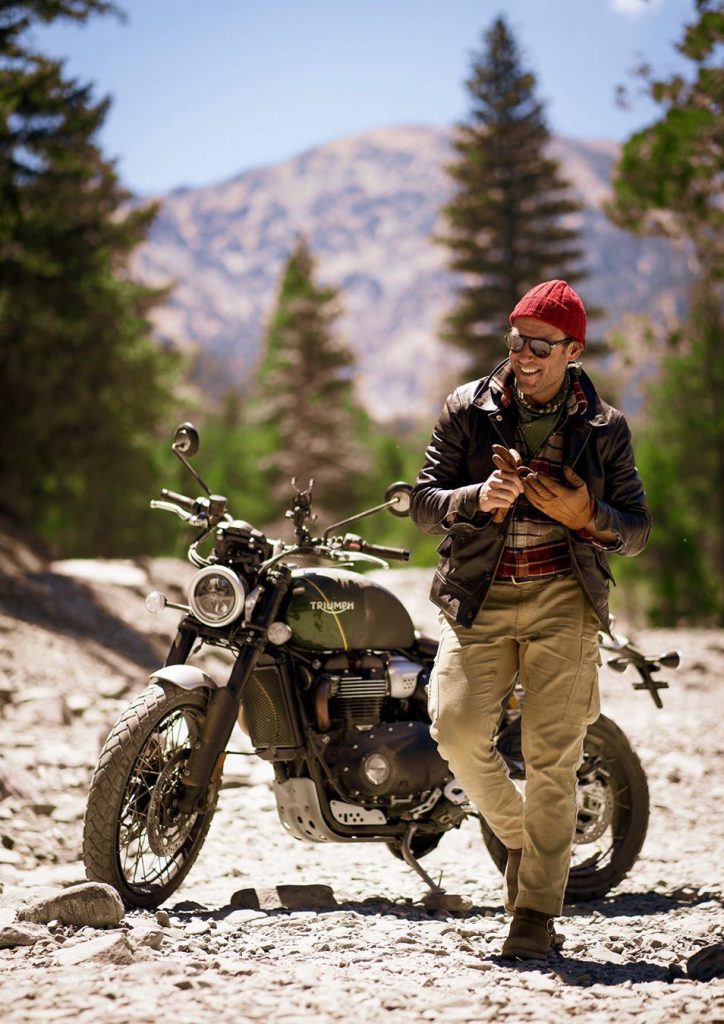
All that, along with my camping gear, I stuffed in a carryon and tote and strapped them to my Triumph Scrambler’s seat. Destination: anywhere south, to escape the perpetual fog that had been plaguing San Francisco. I ended up all the way down in San Diego to see my dad. Along the way, I camped a few days off a dirt trail in Big Sur, couch-surfed at Robert Spangle’s place in Eagle Rock, scrambled off-road in San Bernardino, met my wife at a farm in Paso Robles, and secured a job that was waiting for me when I came back. I saw friends and family, discovered forgotten routes, stumbled across new terrain, and remembered what it feels like to see a foreign land, without having to check bags or show a passport.
You might be thinking of doing the same thing. Indeed, with flights getting canceled for the foreseeable future, domestic travel is pretty much the only option many of us have. Instead of feeling limited, though, view it as an opportunity to explore the insane amount of sparsely inhabited space in which you live. All you have to do is drive a few hours to see how incredibly vast and untouched the earth is. In fact, back in 2016, the Washington Post posted a map illustrating this very point, with 42% of the land America containing only 1% of the population. The same is true with most countries; a little less land in the UK, and a whole lot more in Australia.
In short: you may be grounded, but there is a hell of a lot of ground out there, from luxurious mountain lodges to barebones coastal bivouacs and everything in between. Don’t know where to start? Let’s begin with the more partner-friendly accommodations and go from there. Remember that we’re still living in the middle of a pandemic, so use good judgment, see what social distancing and sanitizing measures have been implemented, and bring a mask. I’ve included Google searches to get you started.
The Easy Upscale Stay: Resorts
If you’re the type of person who wants to bring city amenities with you, wilderness resorts might be what you’re after.
Pros: many of these places offer all the decadent amenities one could ask for, such as private hot tubs and food service, as well as on-site or nearby nature-themed activities such as fly fishing and white-water rafting.
Cons: you will still be around people — fewer people, but still. Keep in mind that while many rooms share walls, some resorts offer separate cabins and are more private. Given the pandemic, consider choosing a resort that looks more like this and less like this. If the set up is right, this can basically be like a private AirBnB experience.
Australia/New Zealand/Tasmania
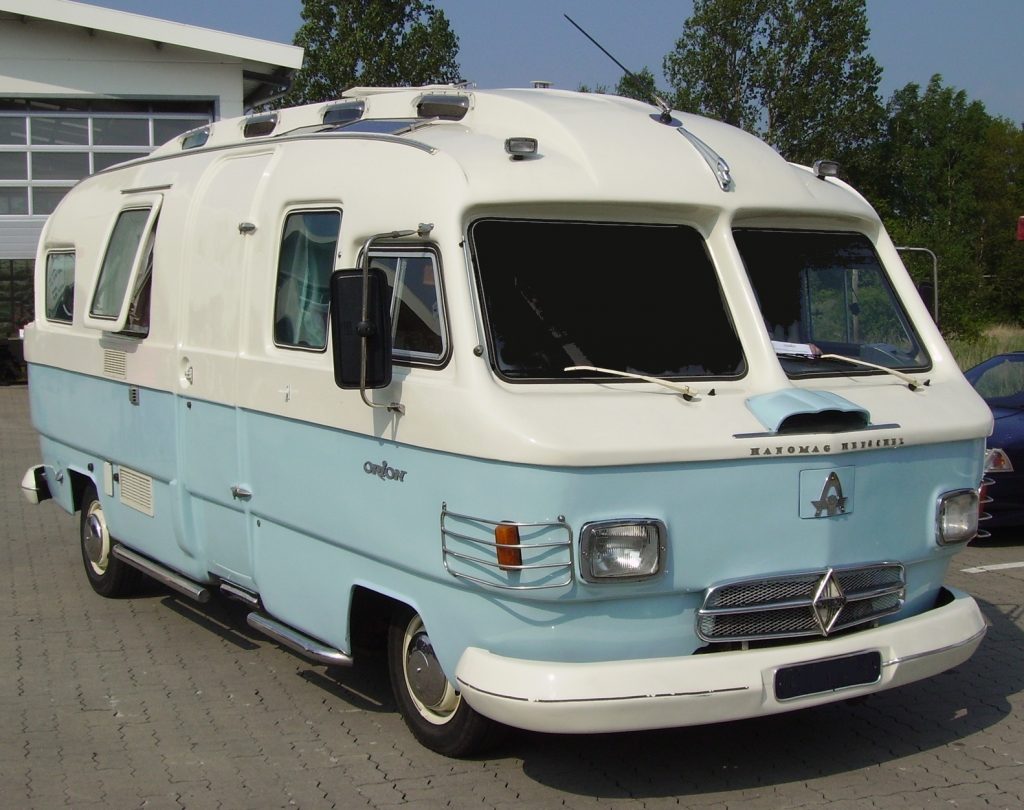
Take Your Room With You: Rent An RV
Want to travel in unscheduled freedom? This is the choice for you.
Pros: you can spend the night anywhere you park, which frees you up from trying to find a campground (although you will eventually need to get rid of that greywater). There is no need to set up/break down a tent, and having a mattress with blankets dramatically increases sleeping comfort. Plus, a close bathroom that you can use any time is a luxury not enjoyed by most travelers. You can bring your own food, or stop at a restaurant. And as long as your rental is appropriately cleaned, COVID measures won’t affect you in the least. But you should still wash your hands.
Cons: no-frills campers are cheap, but if you include gas and RV parking, renting a properly fitted motorhome can cost as much or more than a hotel.
Australia/New Zealand/Tasmania
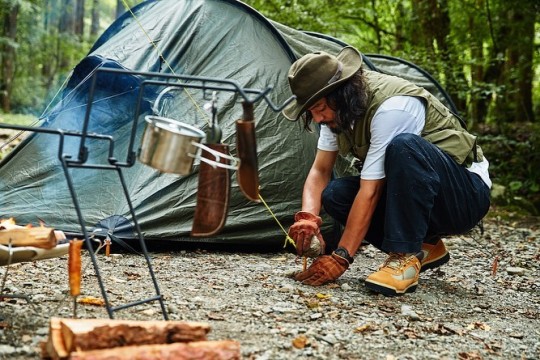
Live Off The Grid: Go Camping
Immersing oneself in nature can excite and refresh like nothing else. Here are a few reasons why.
Pros: Due to increased exercise, sunlight, and clean air, camping is proven to de-stress and invigorate like nothing else. This doesn’t mean you have to disconnect completely. Nowadays, there are myriad choices from isolated backpacking to plush glamping.
Cons: there’s the upfront cost of a tent/sleeping bag/pad/stove, and you’ll have to bring your own food. Campgrounds can be crowded, and some are entirely booked, especially now that many people are staying local. Pro tip: look for local or county options as these are much less visited than national parks. Backpacking usually requires wilderness permits, which may require a stop at a ranger station, but these are typically cheap.
Australia/New Zealand/Tasmania

